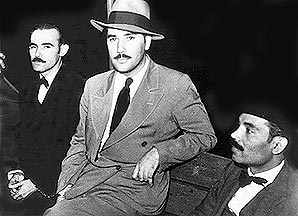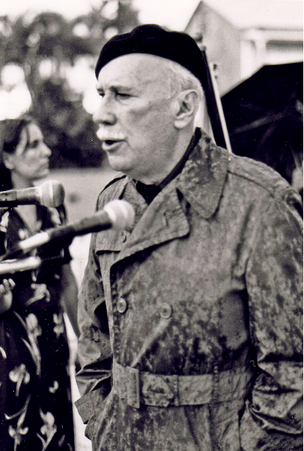
Free Thomas Van Beersum Now!
From Bayan.ph:
We strongly denounce the detention of Dutch activist Thomas van Beersum by the Bureau of Immigration. Thomas was prevented from boarding his flight this morning and is being held by Immigration officials at the NAIA. Thomas was already leaving the Philippines and we see no reason to detain him. This is plain harassment in light of the many threats issued by the BI against Thomas during the past two weeks. It is ridiculous that a person already set to leave the country will be detained only to be eventually deported. However, this is not the first time this has happened as other foreign activists have also been held before by Immigration officials only to be deported and then blacklisted.
Immigration officials have also told media that van Beersum is “overstaying” in the Philippines. If true, then he should just have been made to pay the corresponding fine instead of being detained. The whole thing is just political harassment and is meant to send a message to other foreign activists showing solidarity with the Philippines.
Full article: On the detention of Dutch activist Thomas van Beersum
This shows to the world the repressive conditions in the Philippines in their true light: what freedom of speech is taken for granted in the Netherlands is denied in the Philippines. The convenient appeals to nationalism on the part of the Government and State in the Philippines would make sense if they were consistent – but “foreigners” who go to the Philippines for the sex trade (that is rape for money), or who go there as part of mercenary imperialist armies, or who go there to exploit illegally the environment and natural resources of the Philippines, do not meet the same fate. Against the false nationalism of the Comprador slaves of imperialism, Thomas van Beersum stands as an example of proletarian internationalism – more Filipino than the politicians, cops, judges, and enemies of the people who serve imperialism in the Philippines will ever be.
Related articles
- Dutch who made SONA cop cry to be deported (rappler.com)
- Dutch activist detained by immigration officials (bulatlat.com)
- Philippine Government Free Thomas Van Beersum Now ! (democracyandclasstruggle.blogspot.com)
- In Praise of Thomas Van Beersum’s Internationalism (karlomongaya.wordpress.com)



